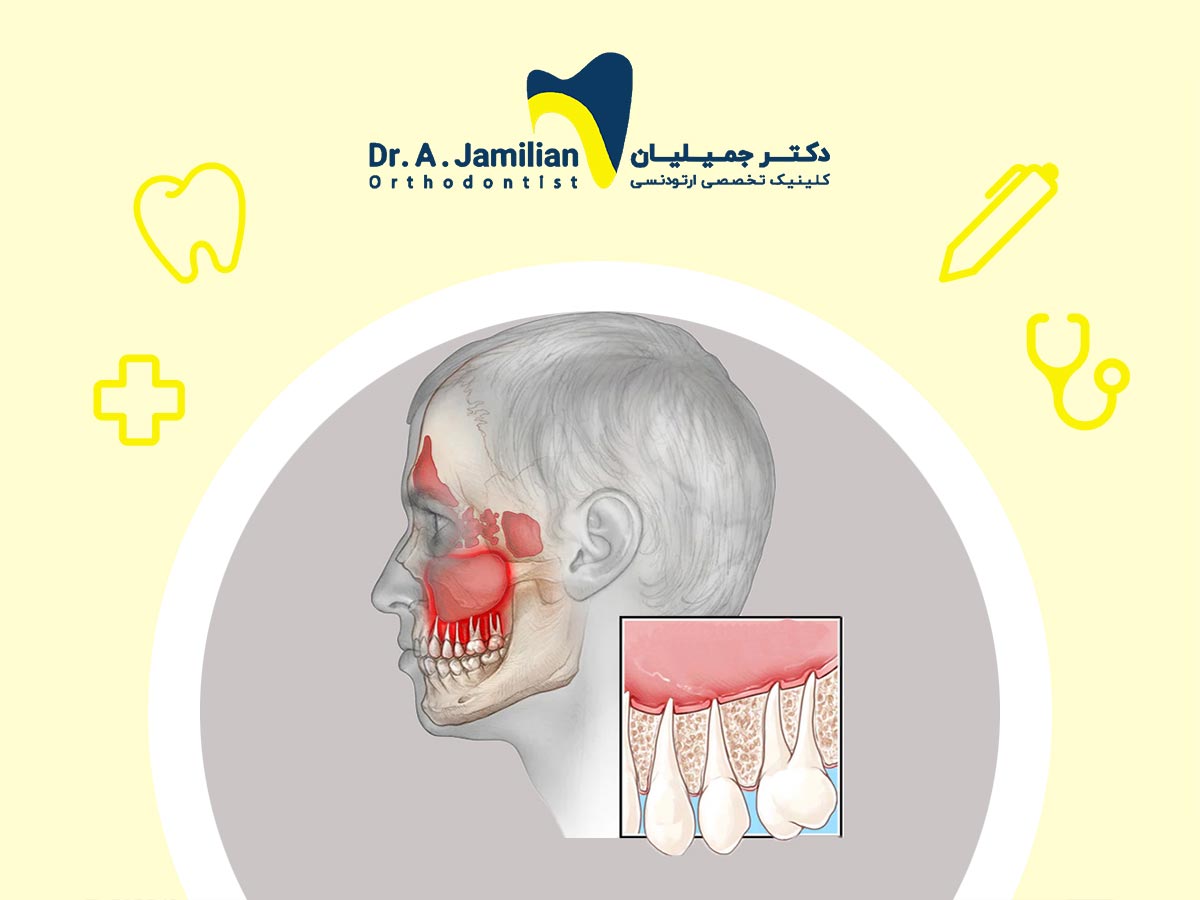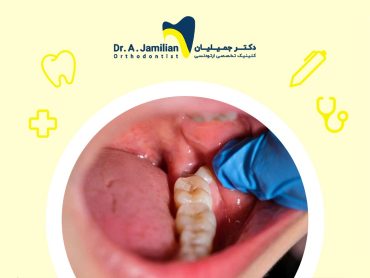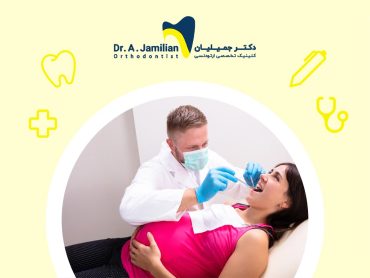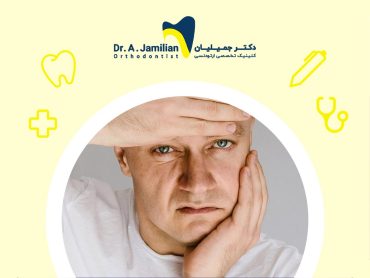Sinus involvement commonly occurs when someone extracts their upper molar teeth or when procedures that are located at the back portion of the upper jaw are carried out. A sinus opening may occur because the bone which is shared between the tooth socket and the sinus is very thin, and in some people this bone cannot even be seen. However, the question is what are symptoms and side effects due to sinus opening and what should we do in such cases and what are its post-operative instructions?
When does sinus opening occur?
In most cases, the patient’s upper jaw’s teeth tend to be extracted due to tooth decay. If that wasn’t enough, serious damage to tooth roots, damages, and orthodontic treatments will happen to get rid of crowded teeth. When the back portion of the jaw needs a surgery treatment, the possibility of the shared bone between the oral cavity and sinus suffering from damage, breakage and bleeding is common. Across the world, it has happened and there is no need to be worried about it. Sinus opening often occurs in people who have teeth with long tooth roots and a thin shared bone between their jaw and sinus.
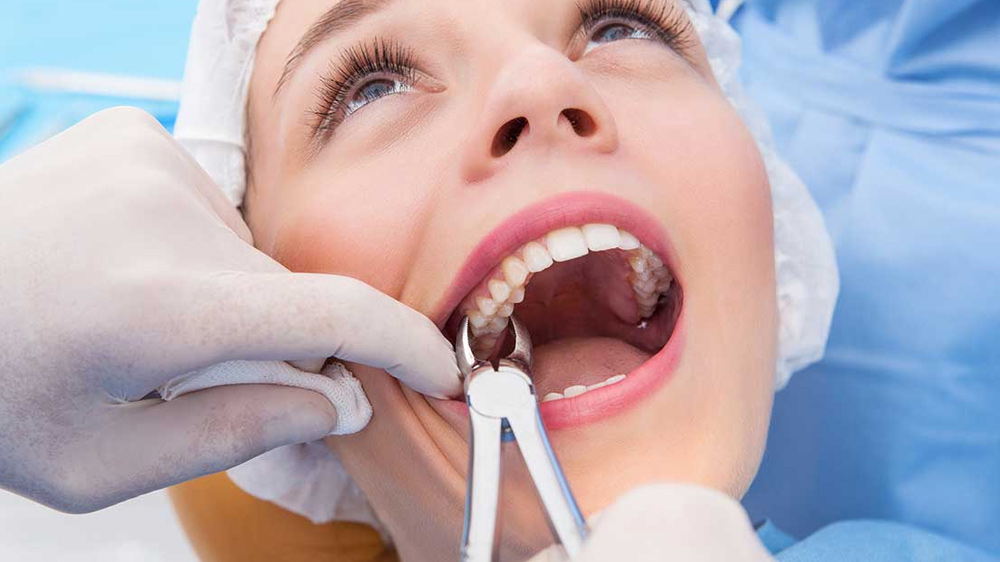
Symptoms of sinus opening due to tooth extraction
There is blood in the tooth cavity which finds its way into the sinus, when the latter is opened during tooth extraction. Sinus directs the blood into the throat or nose in order to clean its environment, so you will see the blood as a dark secretion. Although these secretions also are normal, if you feel pain and swelling or excessive and intolerable air passage in these areas, you have to visit your dentist and let them examine you.
Anyway, if after dentistry treatments, particularly after extraction of upper jaw teeth (upper jaw’s molar, especially tooth number 6) you would feel the following symptoms, you can be sure that they are due to opening of your sinus, so you have to visit a dentist as soon as possible:
- Feeling air in your mouth: sinus opening could make a direct link between the patient’s mouth and nose. More specifically, the air which enters the nose via inhaling normally passes through the sinus, so when the sinus is opened because of dentistry treatments, patients start to feel the air in their mouth.
- Feeling liquids in nose: when sinus is opened, especially in scenarios in which a great space is opened, a part of liquids which are supposed to be directed from mouth to stomach, now they would be diverted and find their way into the nose. In such cases, usually some of the liquid that is drunk would come out of the nose.
- Nasal congestion: Sometimes, it is possible that after tooth extraction, particularly extraction of the upper jaw teeth, patients complain about congestion of one of their nostrils. This is due to many different reasons, however it varies.
- Bad breath: In some cases, sinus opening would pave the way for the future development of a proper space for infection. In turn this leads to bad breath in the mouth of the patient. If a patient complains about their bad breath, despite meeting oral sanitary tips, it may be due opening of maxilla sinus because of tooth extraction.
- Feeling bitter taste in mouth: A number of patients not only suffer from a bad breath after extracting their tooth, but they complain about feeling a bad taste and a bitter taste in their mouth. If it has been developed after dentistry treatments, possibly it is either due to the periodontitis or sinus opening.
- Observing bubbles where the tooth was extracted: In some cases, if patients, whose tooth has been extracted, block their both nostrils and then blow through their nose, they will see bubbles which are signs of sinus opening.
- Nasal bleeding: If you suffer from nasal bleeding after extracting your tooth while beforehand you had not had this problem, it is possible that your maxilla sinus has been opened during the treatment process. In such cases, from the gum tissue blood finds its way into the person’s nose.
- Headache and Facial Pain: Another sign and symptom of sinus opening is recurrent pains in both head and face.
- Twang voice: Sinus opening would lead to changes in the patient’s voice and would make it twang. However, this symptom is not seen in everybody.

Side effects of sinus opening during tooth extraction
In the case of sinus opening during the extraction of a tooth and failing to treat it, side effects and complications would occur in patients. Chronic sinusitis, throat swelling and problems in eating and drinking are some side effects and complications caused by this ignorance.
- Chronic sinusitis: It occurs because of infiltration of infection inside the sinus space.
- Swelling: swelling is a common complication and side effect of sinus opening and failing to treat it properly. In this condition, the patient’s face will be swollen.
- Problem in eating and drinking: Since there are connections between oral cavity, nose and sinus area, patients with this order may not be able to eat or drink easily. As a result, they would suffer from digestive problems in the long run.
Treatment of the opened sinus using lift surgery
In cases where the sinus cavity has become opened, it must be closed by a specialist dentist while trying to extract a tooth. The skill and precision of the dentist is very vital in treating this situation. The dentist puts a membrane in this area which would close the space between the tooth and sinus. If necessary, in order to pave the way for implanting a tooth, the dentist would pour some bone powder there and then would stitch it. However, for achieving a better result, there are some post-operative instructions which must be met by the patient to reduce the pressure between the sinus and oral cavity.
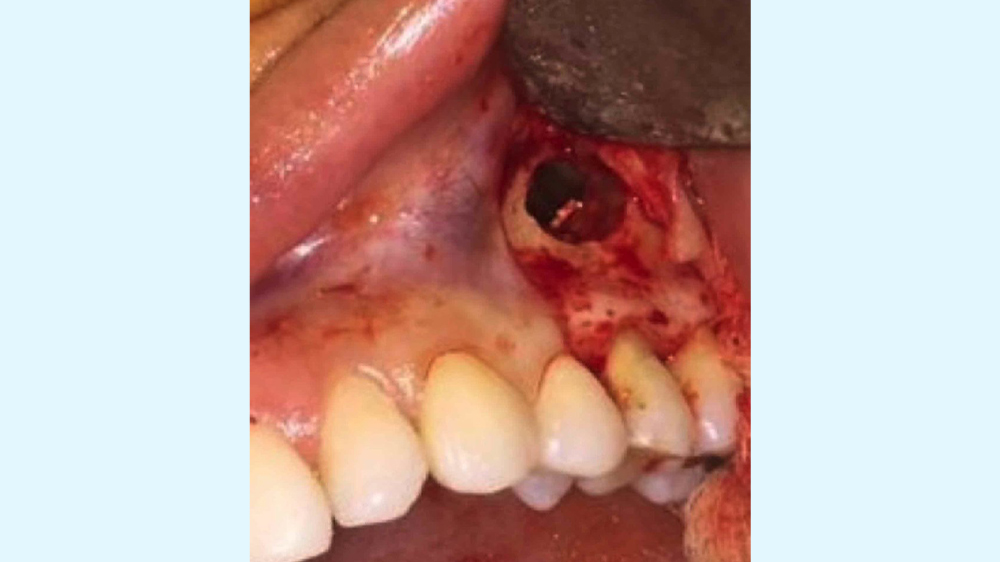
Sinus Lift Post-Operative Instructions
There is a list of instructions that must be observed generally after any surgery and operation, but there is also a list of instructions which must be met particularly for protecting stitches that have been fastened after opening sinuses during extracting a tooth. Here some of them:
- Do not use a straw for drinking liquids and then push the air out of your nose.
- Do not hold your sneeze and sneeze with an open mouth, because sneezing applies the highest pressure on the sinus area.
- In case of closure in the sinus area, you can use edible drugs like Pseudoephedrine; however, if you have hypertension or use blood pressure medication, you have to consult with your doctor before using Pseudoephedrine in order to avoid further complications and problems in future.
- Do not worry, if you are bleeding for an hour after surgery. Move the gauze, which had been placed in your mouth, to the surgery location and then after an hour take the gauze out of your mouth.
- The bloody saliva will be secreted for 48 hours; however, even if your heavy bleeding is not stopped after 3 hours, moist a tea bag and put it at the bleeding area and hold it tightly for 30 minutes there.
- In case of intensive swelling at the operation site, you can use an ice compress. Hold it for 20 minutes on your face and put it away for another 20 minutes.
- If you use bracket holders, take them out of your mouth before surgery and do not use them again until 3 days after surgery.
- It is better to use soft and cool food on the first day after surgery. Please remember that the food must be thick and you cannot use straw anyway.
- Avoid hot foods. And if you take care of the surgical site, eating other foods can’t cause much problem for you. Spaghetti or eggs are the best options for you.
- Rinse your mouth 3 times a day with lukewarm salt water or milk until three days after surgery. Never use mouthwashes without your doctor’s prescription, because it can stimulate the surgical site and to slow-down the recovery process.
- Do not use a toothbrush on the day of surgery. You have to use a toothbrush with caution at the following days of surgery. If you see blood on your brush, do not be worried, it is normal.
- Reduce your physical activity after surgery. Postpone the extreme practices for five days in order to avoid serious problems.
- The nicotine in cigarettes would slow down the recovery process, so please do not smoke for several days after your surgery.
Sinus Opening Due To Tooth Extraction FAQ
Yes, sinus perforation or sinus opening during tooth extraction is a common condition because of the direct connection between the oral cavity and sinus.
If there is no problem for restring the shared bone, recovery is achieved only after two months since surgery, however, if there is a problem like the tip of a tooth crown or a piece of bone, the recovery would be postponed.
In such cases, the potential of infection in this area is very high, as the nasal site infection will be followed. For this reason, your dentist has to take care of this issue.
First of all, the specialist dentist has to put a membrane in the space between the sinus and the toot in question and then they have to fasten a stitch to the gum area. Patient also has to follow some instructions in order to avoid pressure over the sinus area. For instance, avoid blowing your nose to discharge your nose mucus, or do not use straws for drinking liquids, or do not take your sneeze and sneeze with an open mouth.
